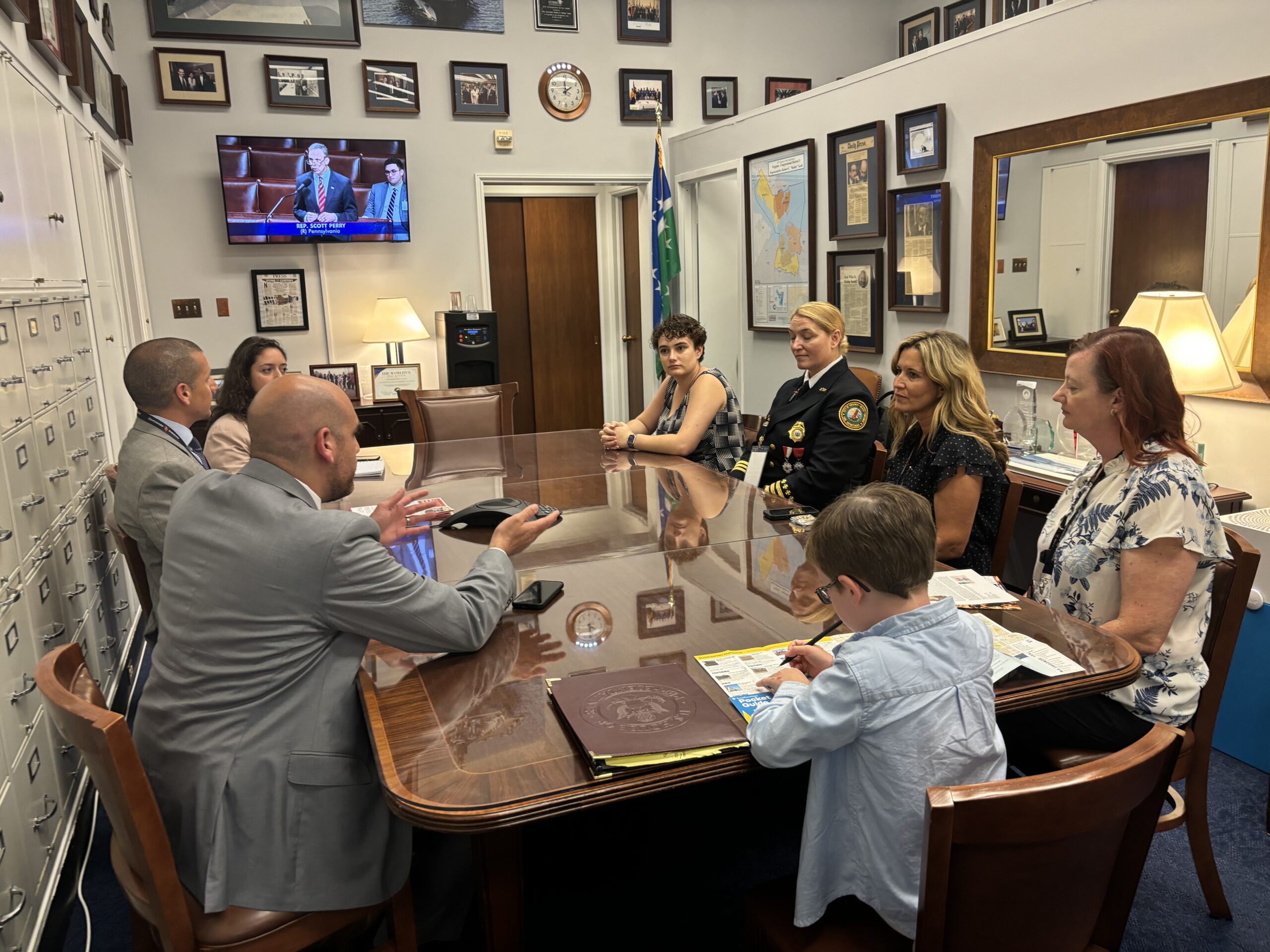Testifying before the U.S. House of Representatives Committee on Science, Space and Technology on the role of Assistance to Firefighters (AFG) and Staffing for Adequate Fire and Emergency Response (SAFER) grants in the wake of the COVID-19 pandemic, 11th District Vice President Sandy McGhee said, “We expect fire fighters to be there for us in a time of crisis, and the federal government has an important role to play supporting fire fighters so they can serve their communities. “By providing funds directly to local fire departments in need of equipment, including personal protective equipment (PPE) and staffing needs, the AFG and SAFER grant programs are one of the most important tools at the federal government’s disposal to ensure local fire fighters remain healthy and able to serve their communities.”
The Committee, led by Chairwoman Eddie Bernice Johnson (D-TX) and Ranking Member Frank Lucas (R-OK), heard testimony to assist Congress in setting funding and policy priorities over the coming weeks and months.
Fire fighters across the country continue to respond to calls, including to potential COVID patients, without adequate PPE. Congress started to address this issue by appropriating $100 million in AFG funds specifically for PPE in mid-April and is currently considering legislation known as the HEROES Act to provide an additional $500 million for the program.
The economy has also forced a large number of fire departments to face hefty budget cuts and potential layoffs or furloughs. The HEROES Act would also provide $500 million for the SAFER grant program, plus waivers of certain statutory requirements allowing grantees to use funds to rehire or retain fire fighters.
McGhee applauded the legislation, noting the importance of full staffing during a pandemic. “Layoffs and furloughs are also uniquely challenging as we continue to deal with the COVID-19 virus,” testified. “To date, the IAFF has recorded over 8,000 members having been quarantined and over 4,500 placed in isolation, and obviously unable to work. These absences place further stress on adequate response, making maintaining full staffing levels even more important.”
The HEROES Act passed the U.S. House of Representatives last month and is currently being considered by the U.S. Senate.
Read McGhee’s full testimony here.



